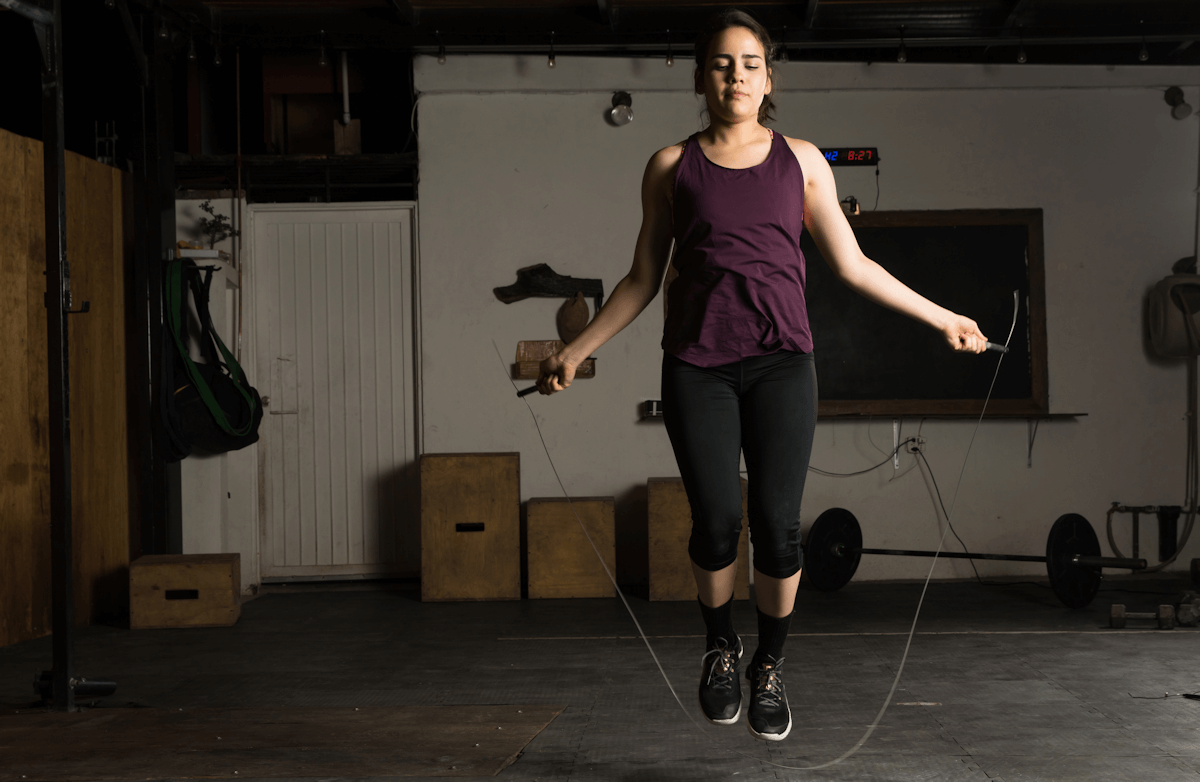|
A few weeks ago I had the opportunity to go to the local horse racing track to enjoy a day with friends. Each Saturday morning during race season, the track opens the grounds for people to have a light breakfast while the jockeys sit and answer questions from the audience about horse racing. We even had the opportunity to visit the horse barns and talk with a trainer leading that day's session. During our visit to the barns, one of the trainers enthusiastically shared with us what her job entailed. Her job was to prepare and train the horses scheduled for that day and to make sure when they were done, the horses were fed and their joints iced. One little snippet that caught my attention was when she mentioned that horses, just like runners, should never run hard every single training session. Just like runners, horses use the hard/easy approach to training which allows them to progress in their training without experiencing overuse injuries. As a certified running coach one of the tenets we were taught in our certification class is to instill in our runners that they do not have to, nor should they, perform every run at full speed. Doing so can lead not only to an increase in injuries, but can actually slow the process of becoming a better and more efficient runner. But I must say it is truly one of the most difficult mindsets to change, especially for new runners who are so enthusiastic about the sport. We live in a society where if some is good more must be better, but that is not always the case. I like to tell new runners that our bodies are similar to cars-- that is if you drive your car too fast or for too long of a distance every time you hit the road, the belts, fluids and other parts begin to wear and tear. The same is true for our bodies--if we push too hard something is bound to go wrong. If there is one lesson I would like to share with you and that is, the body begins the adaptation process to running not when you running hills, intervals and long, slow distance runs, but actually when you are NOT running. It is during your NON-RUN time when your body begins to grow stronger as a runner. So what is a hard run and what is an easy run? A hard run is one that stresses the body to begin adapting to a new level of running. This does not imply an all out sprint, which leaves you huffing and puffing at the end of every run. These runs may involve running intervals, hills or even taking your distance farther than you have in the past. Hard running applies the principle of overload to your training. In other words progressively raising the distance, speed or intensity of the runs you have done in the past which leads to changes within the muscles. An easy run, on the other hand, allows a runner to run at a comfortable, sometimes a much slower pace than he/she would run on a hard run day and many times at a much shorter distance. As mentioned earlier, one of the biggest mistakes runners make is not allowing enough recovery time between workouts. But they may also fall prey to keeping their training one dimensional. In other words, they fail to see the benefits of cross training. Cross training is such an important aspect to a runner because:
Are you guilty in making every workout too hard and not appreciating the easier/slower paced workouts? Do you feel if you are not giving it 100% of your energy to your workouts, you are not gaining the benefits of working out? Do you cross train? |
Popular Entries
Related Entries
More From SparkPeople
|





















